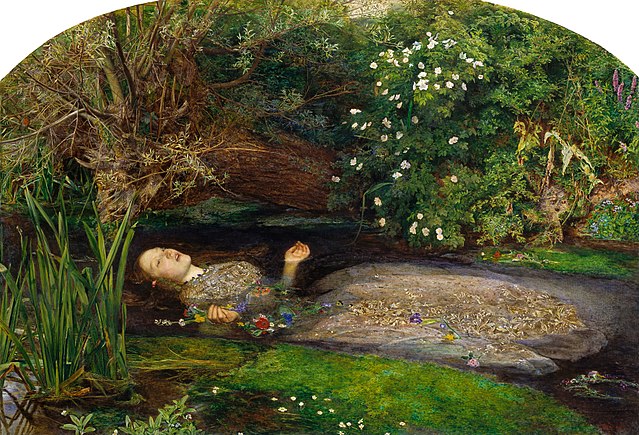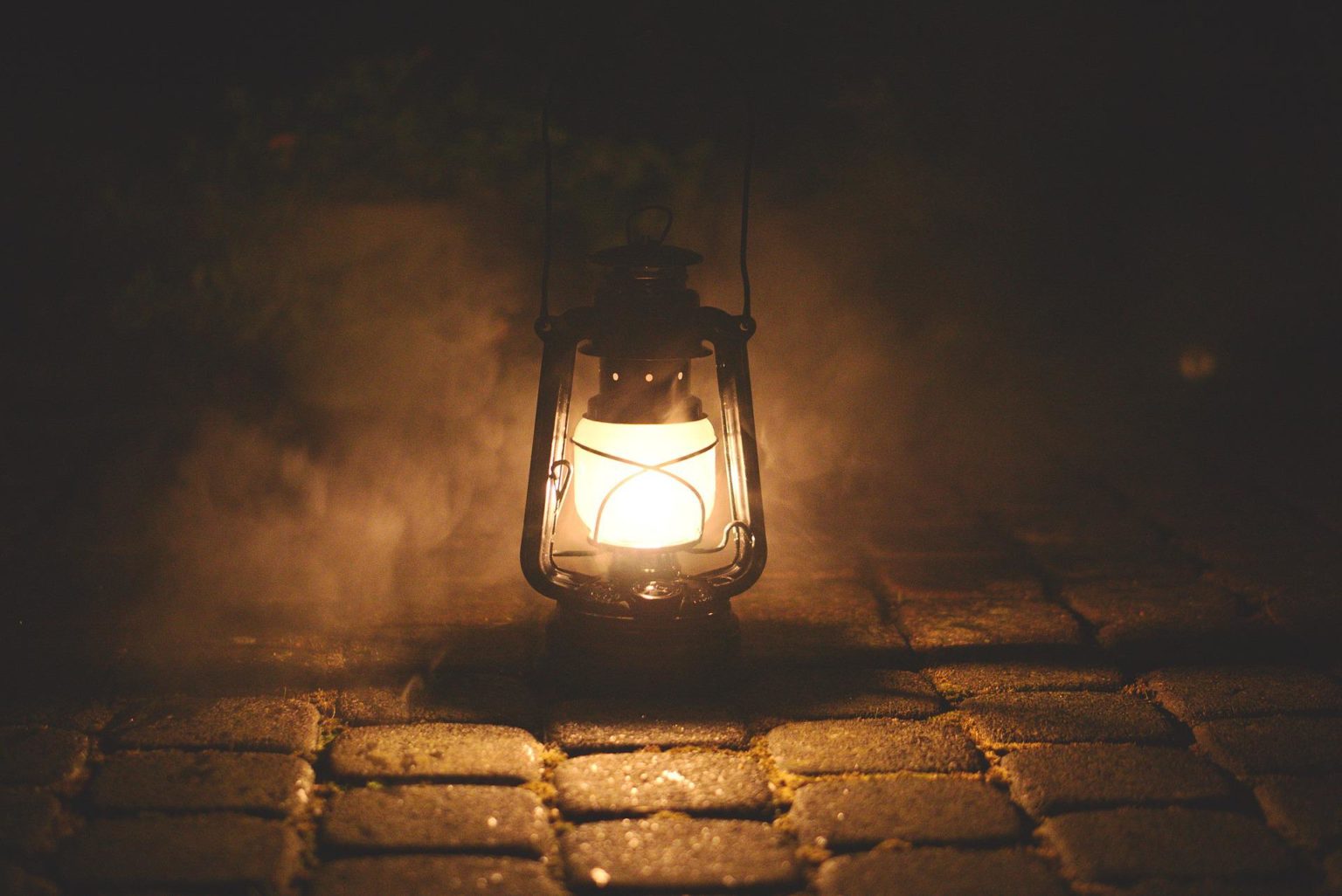I recently came across a discussion that took place in the pages of the literary criticism magazine The Explicator in 1944. Its subject was the poem “When the lamp is shattered” by Percy Bysshe Shelley. Most of the experts characterized the text as incoherent, obscure, and unrevised. “Fortunately, a reader can enjoy the tones and cadences and mood of the poem, even as he regrets its unfinished state,” one of the professors remarked condescendingly.
These critics will hardly read my article: they may no longer be with us. But Shelley’s lines are still alive. I’d like to praise them, if only for the sake of justice.
From a Confused Mass
The assumption that “When the lamp is shattered” is incomplete is based on the circumstances of its publication. It was first printed in the book Percy Bysshe Shelley, Posthumous Poems, prepared by Mrs. Shelley from her late husband’s drafts.
“Did anyone see the papers from which I drew that volume,” – Mary Shelley wrote, – “the wonder would be how any eyes or patience were capable of extracting it from so confused a mass, interlined and broken into fragments so that the sense could only be deciphered and joined by guesses, which might seem rather intuitive than founded on reasoning.”
Some of the poems in this collection were probably unfinished, indeed; some perhaps should not have been published at all.
However, “When the lamp is shattered” proves with every stanza that it has the right to exist. Let’s read it thoughtfully.
The Laws of Human Nature
The opening stanza consists of four cadences, almost rhythmically and structurally identical. Reproduced several times, the phrase construction scheme “when + a situation → the natural consequence of the situation” becomes a significant semantic element.
It enters into a strange contradiction with the emphatically lyrical images that the speaker uses; he seems to be trying to hide his anguish under the armor of rationality.
When the lamp is shattered The light in the dust lies dead— When the cloud is scattered The rainbow's glory is shed. When the lute is broken, Sweet tones are remembered not; When the lips have spoken, Loved accents are soon forgot.
Additions are made to the list; it now has a less rigid structure:
As music and splendor Survive not the lamp and the lute, The heart's echoes render No song when the spirit is mute
Further, emotions begin to seep into the enumeration of the laws of the universe.
The last quatrain is filled with similes:
No song but sad dirges, Like the wind through a ruined cell, Or the mournful surges That ring the dead seaman's knell.
The speaker is frantically looking for the exact image, as if he lacks the words to convey it.
The next fragment, with its initial “when”, reminds us of the strict scheme set at the very beginning of the poem. The disappointed lover has concentrated again. He gives two more rules:
When hearts have once mingled Love first leaves the well-built nest; The weak one is singled To endure what it once possessed.
Here, the most important thing happens: the speaker finally loses his composure. From the language of mature intellect, he moves to the language of feelings.
O Love! who bewailest The frailty of all things here, Why choose you the frailest For your cradle, your home, and your bier?
This ardent lamentation, with an exclamation and a rhetorical question, stands out sharply against the background of both the previous and subsequent lines.
Without this stanza, the poem would simply convey the suffering of the abandoned lover, and would have had a very modest scope; with it, “When the lamp is shattered” proclaims that we humans are too small, too weak for true Love. The focus is not limited to tender passion; Shelley makes us think about the relationship of spirit and matter.
In the final lines, the speaker refers to someone through the friendly “thee” – to whom? To the woman whom he fell out of love with? To his own soul? For a second, the reader is actually at risk of finding themself confused. It is to be hoped that the reader will remain captivated by the tonal subtlety of the verse, and will not pass a premature verdict on the poem.
There is logic in the final part of the text; it is not so difficult to understand it. Apparently, the speaker is again addressed to Love, which has chosen an unreliable human heart (“the frailest”) as a shelter.
Its passions will rock thee As the storms rock the ravens on high; Bright reason will mock thee, Like the sun from a wintry sky. From thy nest every rafter Will rot, and thine eagle home Leave thee naked to laughter, When leaves fall and cold winds come.
The poem ends with a series of predictions derived from the mentioned rules. The speaker again squeezes his heart into a vise and sounds like a very mature person.
He knows how people behave and does not believe that they, in principle, can be better.
My Dear Bysshe
Percy Bysshe Shelley died at the age of only 29. Like many poets, he hastened to live. He managed to learn from his own experience, including the experience of his love, how it is to be the fragile lamp for the light of the deep feeling.
Shelley eloped twice with his beloved; he married twice in spite of the fact that he was a strong advocate of free love.
His first wife, Harriet Westbrook, had a hard time getting over their breakup. She never found happiness and eventually drowned herself in a river.

Harriet left a suicide note. In the note, the young woman wrote to her husband (the poor spelling is preserved):
When you read this letr. I shall be no more an inhabitant of this miserable world. do not regret the loss of one who could never be anything but a source of vexation & misery to you all belonging to me. .. My dear Bysshe … if you had never left me I might have lived but as it is, I freely forgive you & may you enjoy that happiness which you have deprived me of… so shall my spirit find rest & forgiveness. God bless you all is the last prayer of the unfortunate Harriet S—
A few years later, Shelley also perished in water – his sailboat sank in a sudden storm. Ironically, the boat was called The Don Juan.
- The Explicator; Washington, etc. Vol. 3, (Jan 1, 1944).
- A Little History of Poetry – John Carey, Yale, 2020
- Shelley’s Idols of the Cave – Peter H.Butter, Haskell House Publishers, New York, 1969
- ‘This fatal catastrophe’: The sad life and strange death of Harriet Shelley

